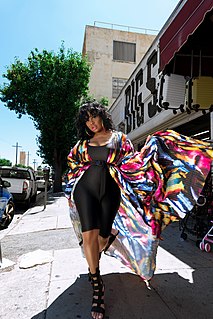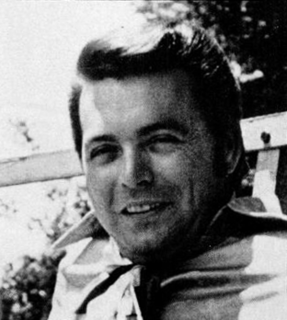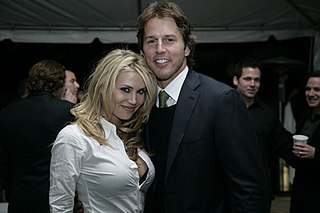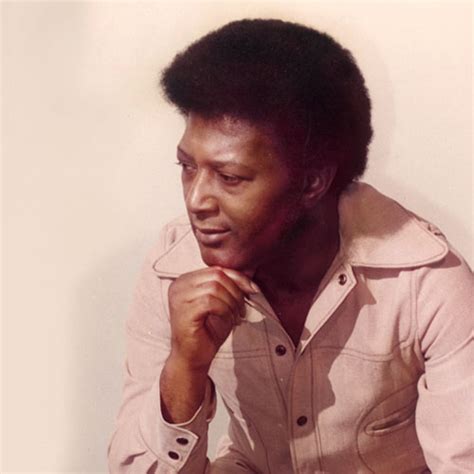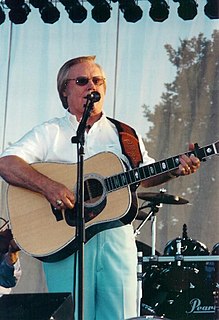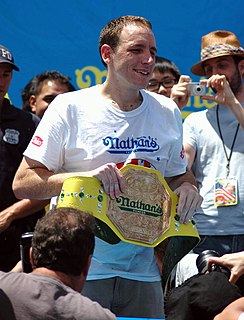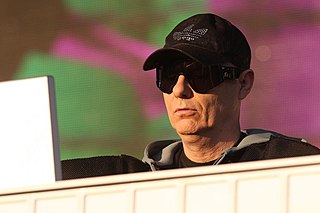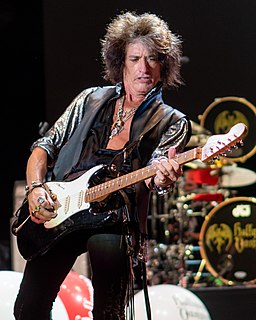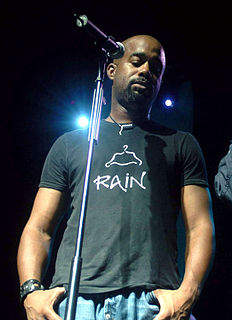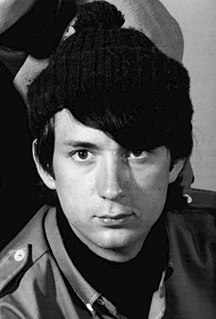Top 1200 Track Record Quotes & Sayings - Page 16
Explore popular Track Record quotes.
Last updated on April 19, 2025.
Through the history of my records, from when I started controlling the visual, I always used lower case letters for everything, I can't even explain why that is. The character is actually me, and I think once you see the film for the record, or see the video or really get in to the record, that will all sort of reveal itself to you.
The thing is that I have a really intense, almost compulsive need to record. But it doesn't end there, because what I record is somehow transformed into a creative thing. There is a continuity. Recording is the beginning of a conceptual production. I am somehow collapsing the two - recording and producing - into a single event.
The 1996 welfare reform law, for the first time, connected welfare benefits with an expectation that recipients would work or participate in training. That work requirement led to record increases in employment and earnings and a record decrease in poverty and welfare dependence after it was enacted.
I remember 'The Shepherd's Dog' record being not necessarily a political record, but a reaction to socio-political situations in America. And it didn't manifest itself as protest or propaganda songs, but there's a lot of surreal imagery that was born out of really me being surprised Bush got re-elected in '04.
It's two seasons since I raced in Sepang and I'm looking forward to it now. It's a track where you have a little bit of everything - it's hard to ride, it's hot, there are fast and slow corners, hard braking, long straights and everybody has references from the tests.
Nevertheless, we need to wait to see on Friday what the temperature and track conditions are like to understand how the tyres will work, because it's normally very slippery. I'm really enjoying racing at the moment and I want to continue like this, pushing the maximum from our side without thinking about the others.
Your life is like a book. The title page is your name, the preface your introductions to the world. The pages are a daily record of your efforts, trials, pleasures, discouragements, and achievements. Day by day your thoughts and acts are being inscribed in your book of life. Hour by hour, the record is being made that must stand for all time. Once the word 'finish' must be written, let it then be said of your book that it is a record of noble purpose, generous service, and work well-done.
It was a lot easier to write songs before I had a record deal, because the record labels and the industry doesn't mean to put pressure on you, but they do. They don't realize that they are, but you end up having a pressure there that you feel. At times I feel myself wanting to say, 'Just let me do what I do.'
It's a battle between record company, between producer and between mastering engineer. Because the louder you make your record in a digital process, the more dynamics are squished out of it. Nobody knows exactly what happens, but the dynamics in the performance disappear, and everything is at the same volume.
The spirit of Burzum never changed, but my ability to make music changed dramatically when I was imprisoned. It is more or less impossible to record music in prison, and the only music I could record was electronic music, when I was allowed to have a synthesizer for a few months in 1994 or 1995 and in 1998.
One thing that did get me into a lot of different types of music was when I was very young, the local record store went out of business and they were selling off all the vinyl. I remember going in - I was probably 16 or 17 and I'd just gotten a record player as a present. It was like hitting the jackpot: all these records for $3 apiece.
The industry has changed in that it is far more disposable than it used to be. When Boyzone came out, we were given a shot and the patience to record our singles and albums. Nowadays, the thought is if it is not working, then the artist will be dropped. The record companies will bail on the artists, and I find that sad.
The reason for backing tracks is to not veer off too far from the record and have what the fans actually want to hear. Artists use backing tracks just so they can stay close to the record and what the consumer heard for the first time. It's not to be confused with lip synching or anything like that cos that's not happening at all.






